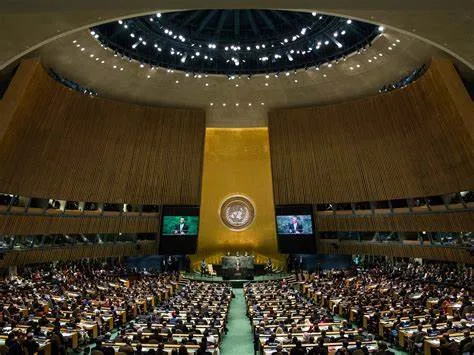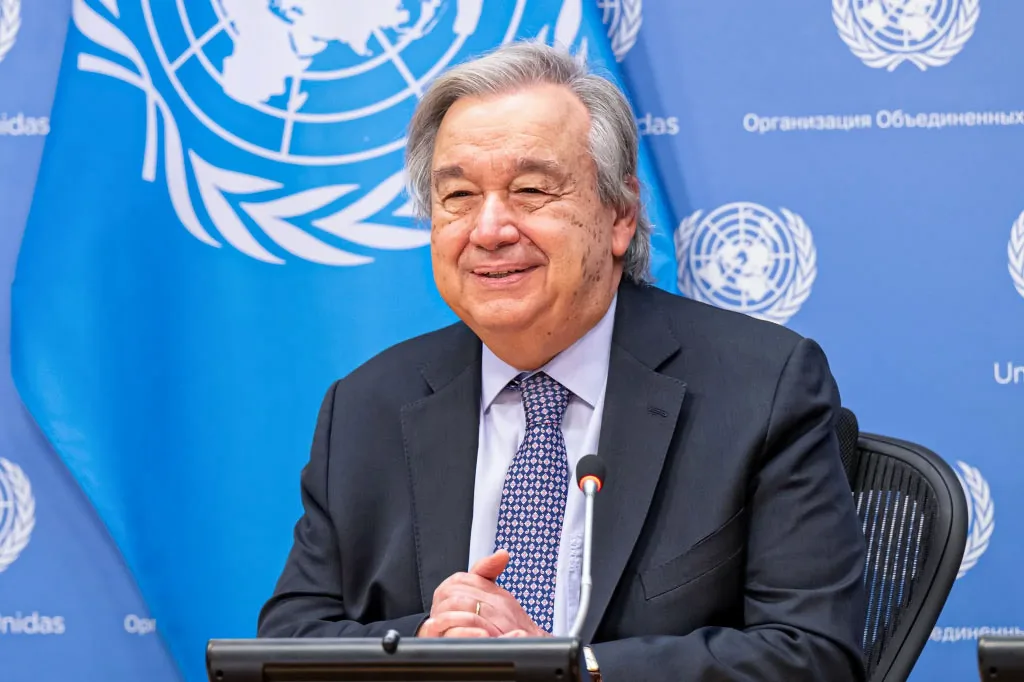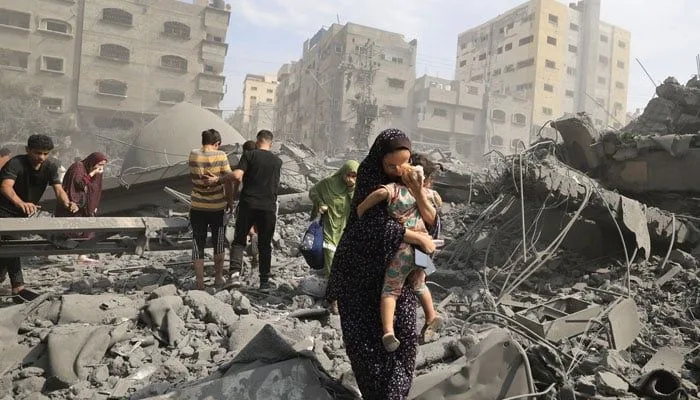The United Nations has issued a dire warning about the unfolding humanitarian crisis in the Gaza Strip, describing the situation as the worst since the breakup the deadly events October 2023. The crisis has been exacerbated by a seven-week blockade on humanitarian aid and commercial supplies, leaving hundreds of thousands of people without access to basic necessities.
The Israeli government’s blockade on humanitarian aid and commercial supplies has entered its seventh week, exacerbating the crisis.
The UN warned that the Food consumption and dietary diversity have sharply deteriorated, with 80% of households relying on humanitarian aid as their primary food source.

The Gaza Strip is facing its worst humanitarian crisis in 18 months, with over 401,000 people displaced and no safe place to go. Let’s show the different aspects of life that are influenced by the Israeli strikes and their blockade to the humanitarian aid.
#Health Concerns
The UN said that the Israeli strikes targeted Al-Ahli Hospital in Gaza City that was hit by two strikes, destroying the emergency building and rendering it temporarily out of service and
Hospitals in all the strip are in dire need of medical supplies.
WHO warned that without replenishment, the health crisis will worsen. Pointed out the Nutrition Cluster reports a sharp increase in acute malnutrition among children, with 3,696 new admissions in March.
Water and Sanitation
Gaza is living since the breakup of the deadly events by the Israeli strike another kind of crisis in Water security, over 90% of households experience water insecurity, with limited access to safe water, compromising basic hygiene and public health.
The Intensive military activity and displacement orders have compromised sanitation conditions, with over 50% of WASH facilities impacted.
International Response
The UN condemned the funding shortfall, most of the funding came from the gulf but it stopped by 2025 Flash Appeal for the Occupied Palestinian Territory requires $4.07 billion, but only 14% ($534 million) has been disbursed.
The UN Secretary-General Antonio Gutters from other side has condemned the attacks on hospitals and aid workers, especially the Egyptians team with their equipment that were hit by Israeli strike, emphasizing the need for humanitarian access and protection of civilians and Humanitarian teams as well

*The report in detailed points.
Humanitarian Crisis Deepens
The situation on the ground is dire, with over 401,000 people displaced and no safe place to go. The blockade has severely impacted food security, with 80% of households relying on humanitarian aid as their primary food source. Food consumption and dietary diversity have sharply deteriorated, with many families struggling to access basic necessities.
Health Concerns Escalate
The health crisis in Gaza is worsening, with hospitals facing significant challenges. Al-Ahli Hospital in Gaza City was hit by two strikes, destroying the emergency building and rendering it temporarily out of service. Hospitals are in dire need of medical supplies, with the World Health Organization (WHO) warning that without replenishment, the health crisis will worsen. The Nutrition Cluster reports a sharp increase in acute malnutrition among children, with 3,696 new admissions in March.

Water and Sanitation Crisis
The water and sanitation situation in Gaza is also critical, with over 90% of households experiencing water insecurity. Limited access to safe water has compromised basic hygiene and public health. Intensive military activity and displacement orders have compromised sanitation conditions, with over 50% of WASH facilities impacted.
International Response
The international community has been called upon to respond to the crisis, with the UN Secretary-General condemning the attacks on hospitals and aid workers. The 2025 Flash Appeal for the Occupied Palestinian Territory requires $4.07 billion, but only 14% ($534 million) has been disbursed. The UN is urging donors to provide urgent funding to support humanitarian efforts in Gaza.
Conclusion
The humanitarian crisis in Gaza is a complex and multifaceted issue, requiring a comprehensive response from the international community. The UN’s warning highlights the urgent need for action to address the crisis and protect civilians. As the situation continues to unfold, it is essential that humanitarian aid and commercial supplies are allowed to reach those in need, and that hospitals and aid workers are protected.
